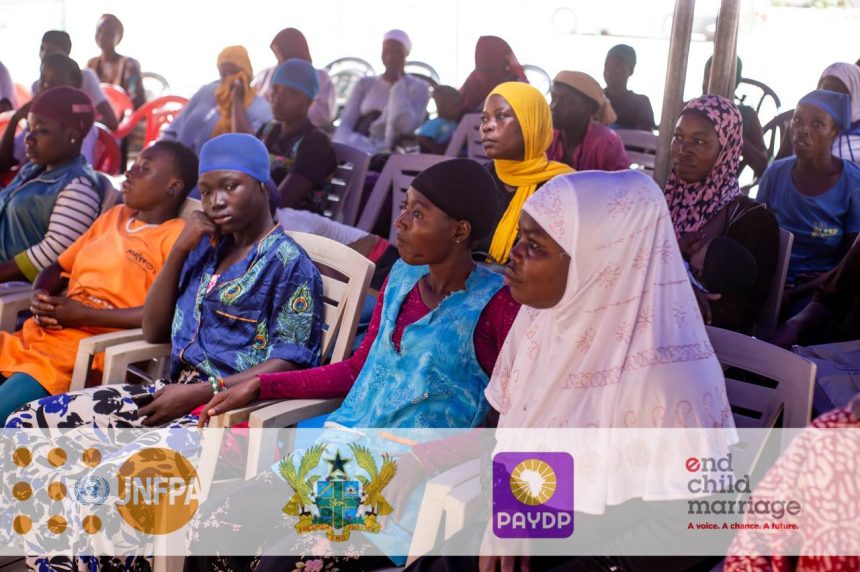In a groundbreaking initiative to empower marginalized girls and combat child marriage, the Purim African Youth Development Platform (PAYDP) has launched an ambitious program to train 7,000 adolescent girls across Ghana in male-dominated professions.
Under the United Nations Population Fund (UNFPA) Ending Child Marriage in Ghana program, PAYDP aims to equip these girls with livelihood skills, sexual and reproductive health education, and financial literacy to break the cycle of poverty and early marriage.
The program, which has already commenced in the Greater Accra Region, will be replicated in four other regions, including the Ashanti Region, Bono East Region, Upper East Region, and North East Region. The girls will receive training in male-dominated professions such as painting, tiling, carpentry, driving, galvanizing, and POP (Plaster of Paris) production.
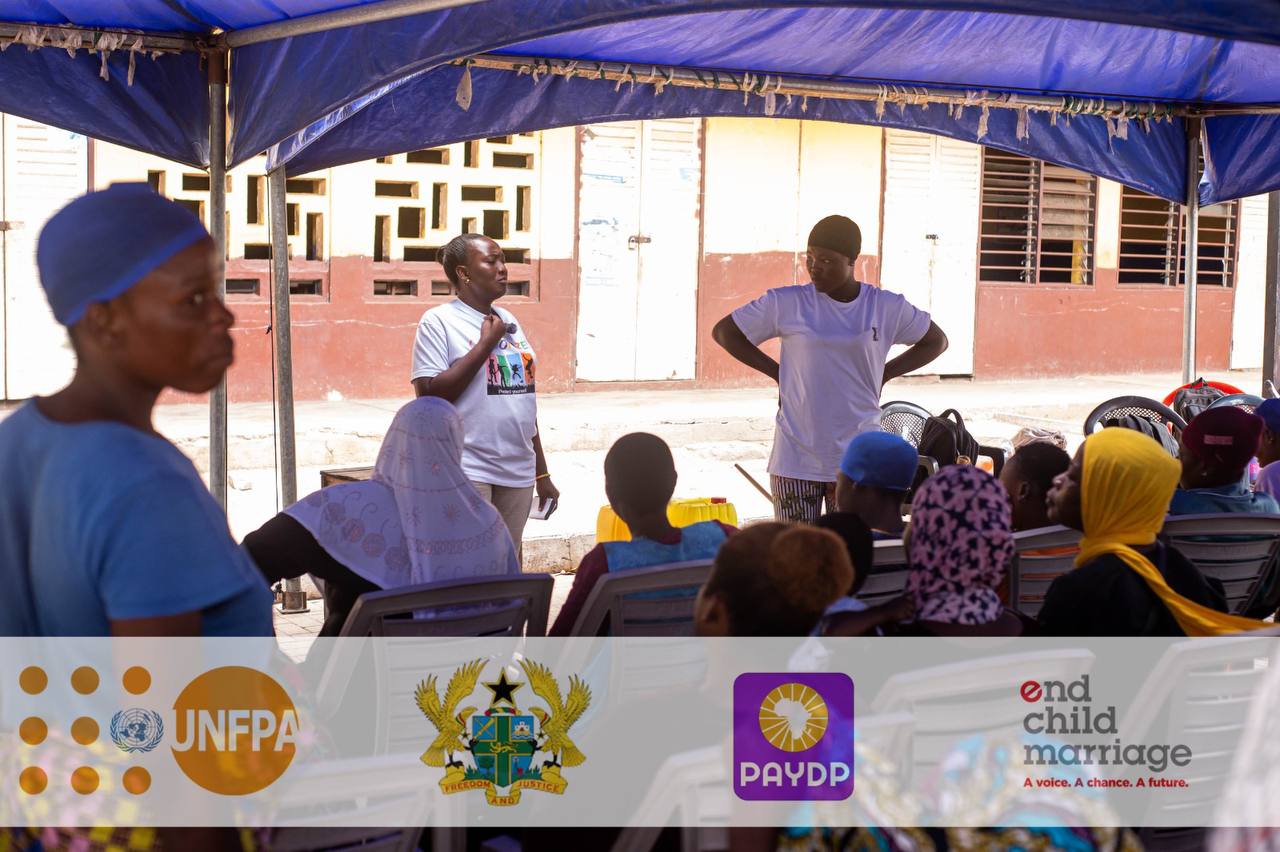
In an interview with UniversNews, Director of the Purim African Youth Development Platform, Rev. Aku Xornam Kevi stated that it has become imperative to train marginalized girls in these male-dominated professional areas in order to increase their capacities and opportunities to create better lives for themselves.
She added that not only are the girls being trained in these areas but they are being educated on sexual reproductive health and rights as well as domestic, sexual and gender-based violence.
“We are working under the UNFPA Ending Child Marriage in Ghana program, and as part of our yearly activity, we have been mandated to roll out livelihood skills for 7,000 adolescent girls across the country. But in these 7,000, we are looking for more male-dominated jobs this year. And so, we have girls we’ve put into painting and they’ve started. We have girls who have been put into tiling, and carpentry. There’s driving too, depending on which ones the girls have chosen, and there’s POP, galvanizing, and others.
This will be replicated across the five main program areas; that is in Accra, Kumasi, Techiman, Bongo, and then in Walewale. In these livelihood skills empowerment programs, we are also looking at giving the girls sexual and reproductive health education, as well as sexual and gender-based violence education,” she said.
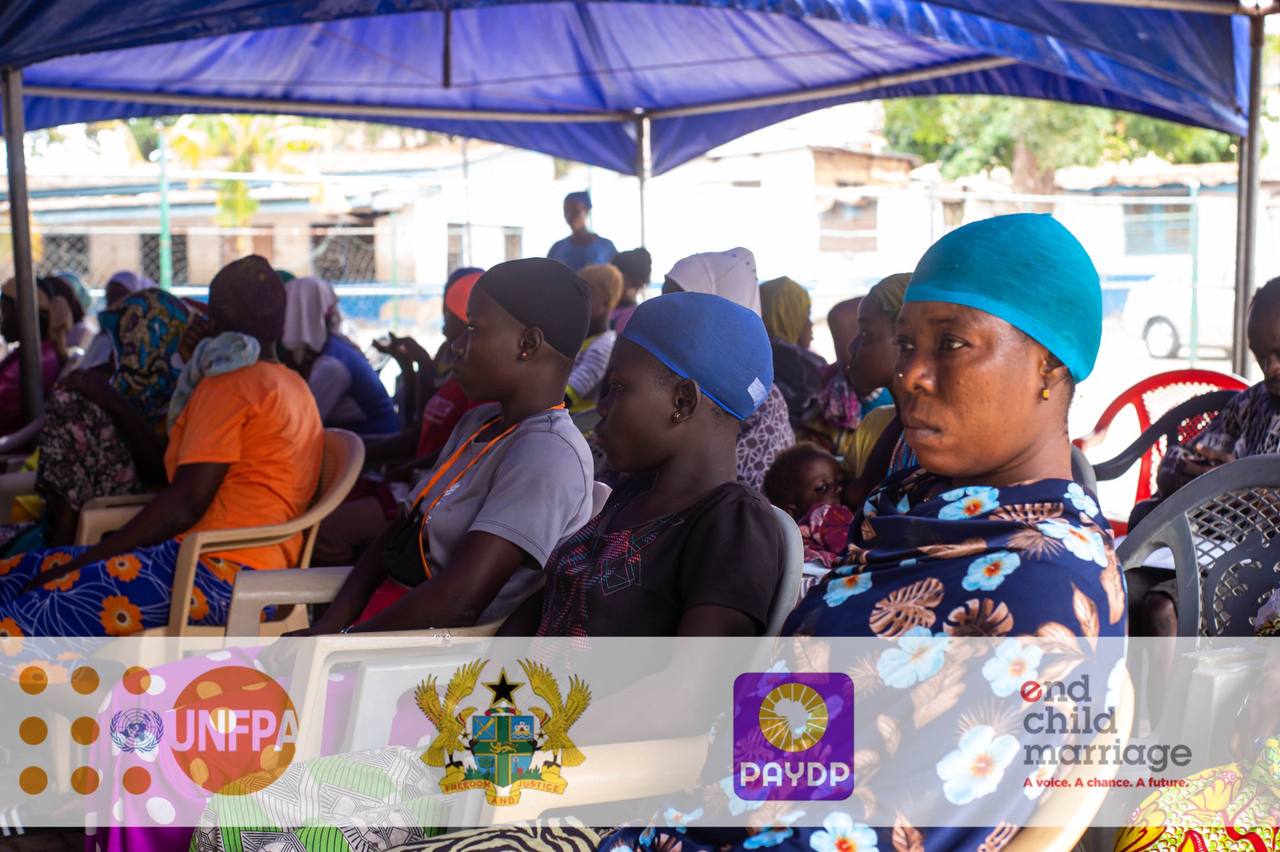
Under the livelihood empowerment section, the initiative also equips girls with valuable skills that can enable them to earn a sustainable income.
Rev. Aku added that the girls are also being trained in crafting cosmetics like shea butter products, shampoo, antiseptic, household detergents and liquid soap, Batik – Tye and Dye, etc.
The girls are also going to be learning animal rearing, basket weaving, and gari processing, root and tuber processing producing cassava flour, potato flour, plantain flour and other kinds of flours, which are often used in pastries.
“We are adding the production of household detergents, batik – tye and dye, animal rearing, basket weaving, and gari processing, root and tuber processing etc. because these are things that we already do but are just going to train more and more girls do these things under the 7,000,” Rev. Kevi added.
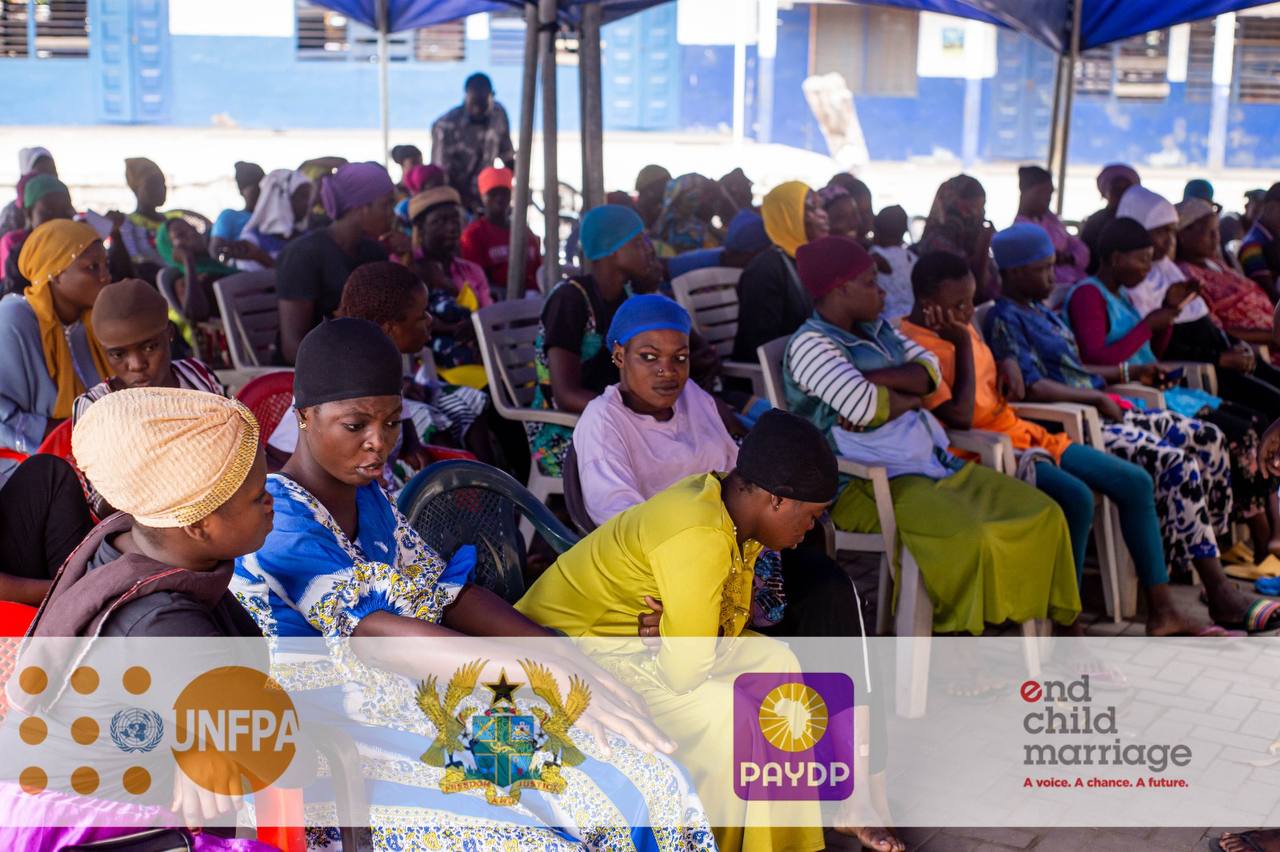
Edna Yeboah, Programs Officer for PAYDP, who also spoke to UniversNews, highlighted the need for these marginalized girls to be financially independent hence PAYDP’s partnership with Access Bank PLC to provide them with training on financial literacy.
“We’ve partnered with Access Bank to provide financial literacy training, enabling the girls to manage their finances effectively and make informed decisions about their lives,” Yeboah added.
In the Greater Accra Region, PAYDP has already begun rolling out these sets of trainings to over 250 girls at the Agbogbloshie market in Accra.
Edna Yeboah said that the girls have shown great potential and are ready to transform their lives.
“The girls have received the training enthusiastically, and we’re confident that they will utilize their newfound skills to improve their lives,” Yeboah observed.
To ensure sustainability, PAYDP plans to establish a social enterprise, where trained girls will produce, market, and sell products, fostering economic empowerment and independence.
“Beyond this initial training, we’ll continue to engage the girls throughout the year, providing ongoing support and monitoring their progress,” Yeboah assured.
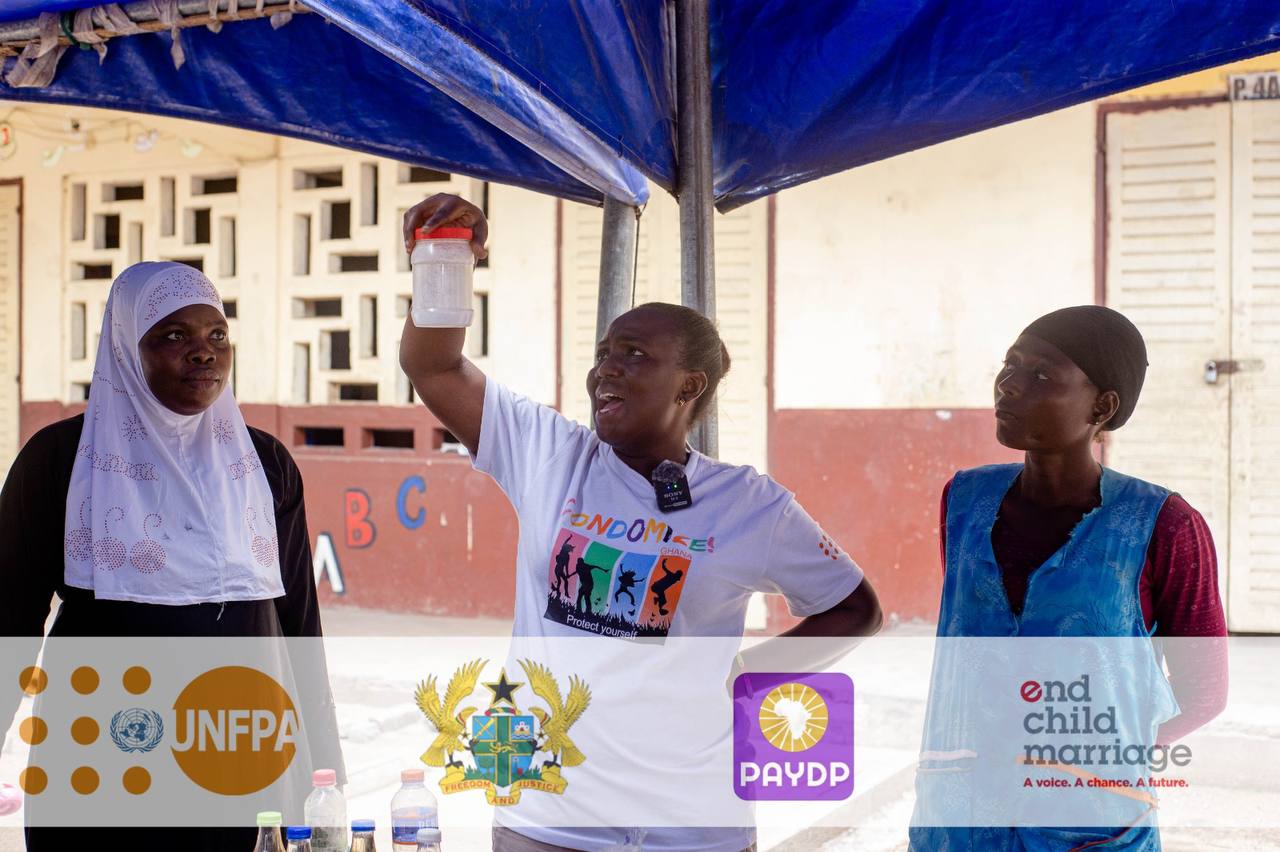
PAYDP’s collaboration with UNFPA dates back to 2017, and their joint efforts have transformed countless lives, educating girls and their communities about the risks associated with child marriage.
“UNFPA has done a lot to combat child marriage, and we’re grateful for their support. Together, we aim to create a future where child marriage is a thing of the past,” Yeboah emphasized.
The program’s ultimate goal is to empower marginalized girls, enabling them to make informed decisions about their lives, education, and careers.
Edna Yeboah called on the public to patronize the items produced by the girls onboard the programme as that will go a long way to ensure their economic and financial independence.
“We urge the general public to patronize the products made by these talented girls, supporting their economic independence and helping to break the cycle of poverty and child marriage,” Yeboah concluded.
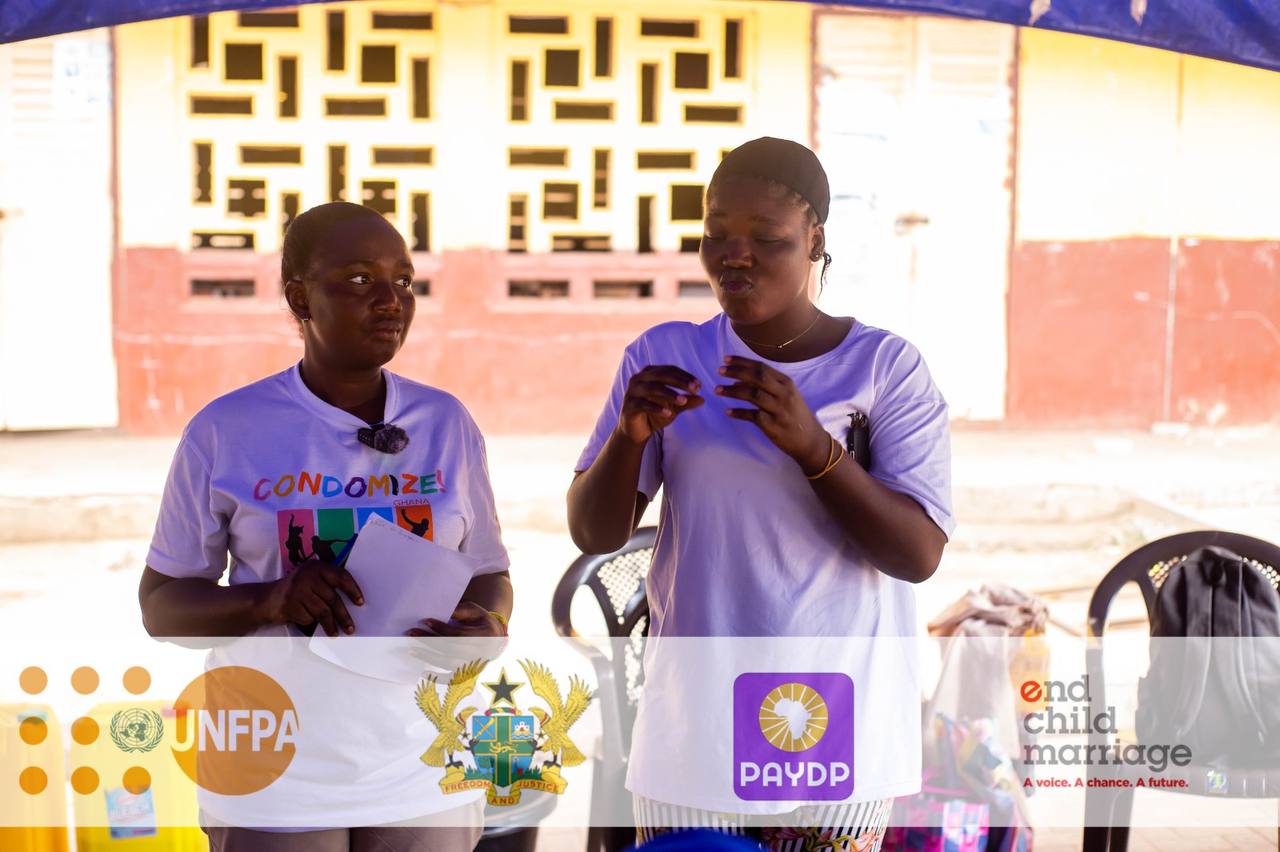
As Ghana strives to achieve the United Nations’ Sustainable Development Goals, initiatives like PAYDP’s program demonstrate a commitment to gender equality, education, and economic empowerment.
By training 7,000 marginalized girls in male-dominated professions, PAYDP is paving the way for a brighter future, where every girl has the opportunity to thrive and reach her full potential.
More photos below
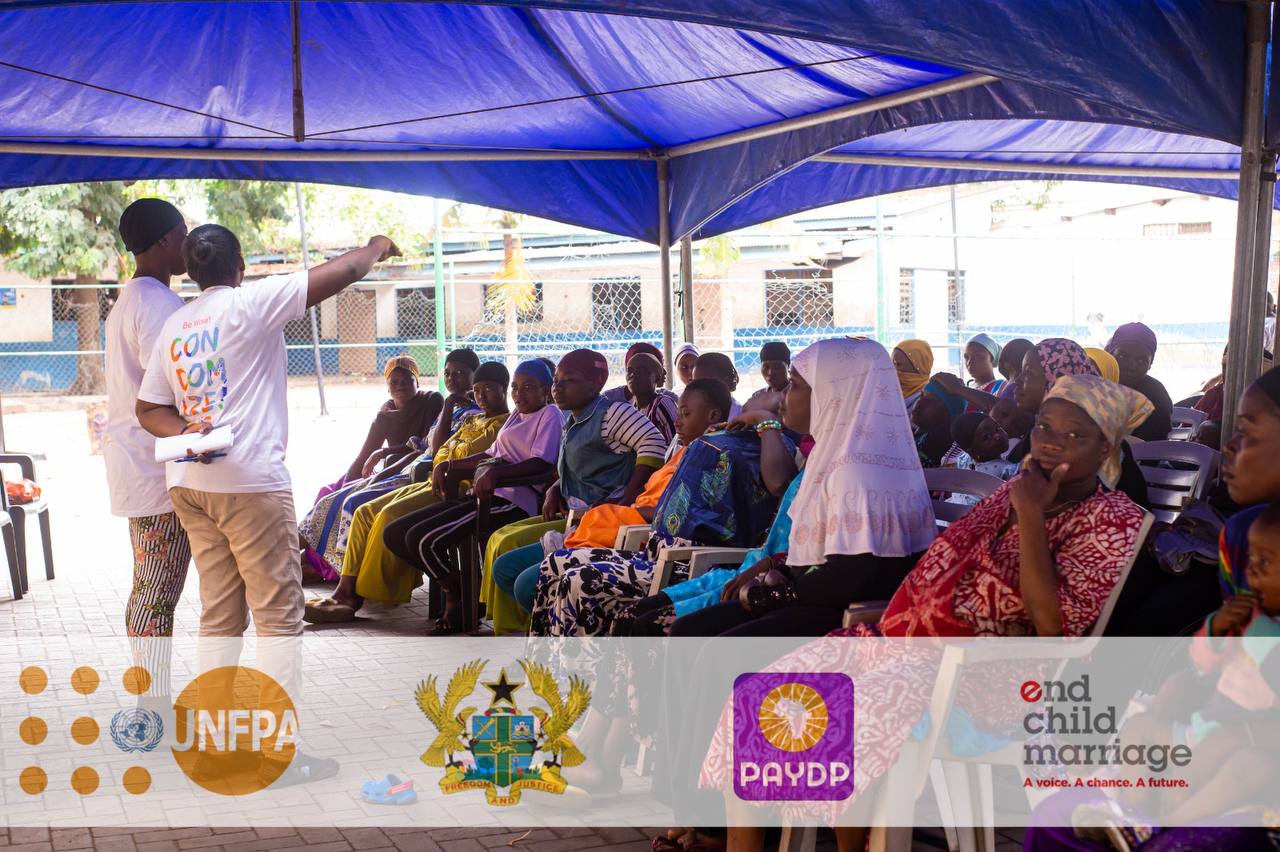
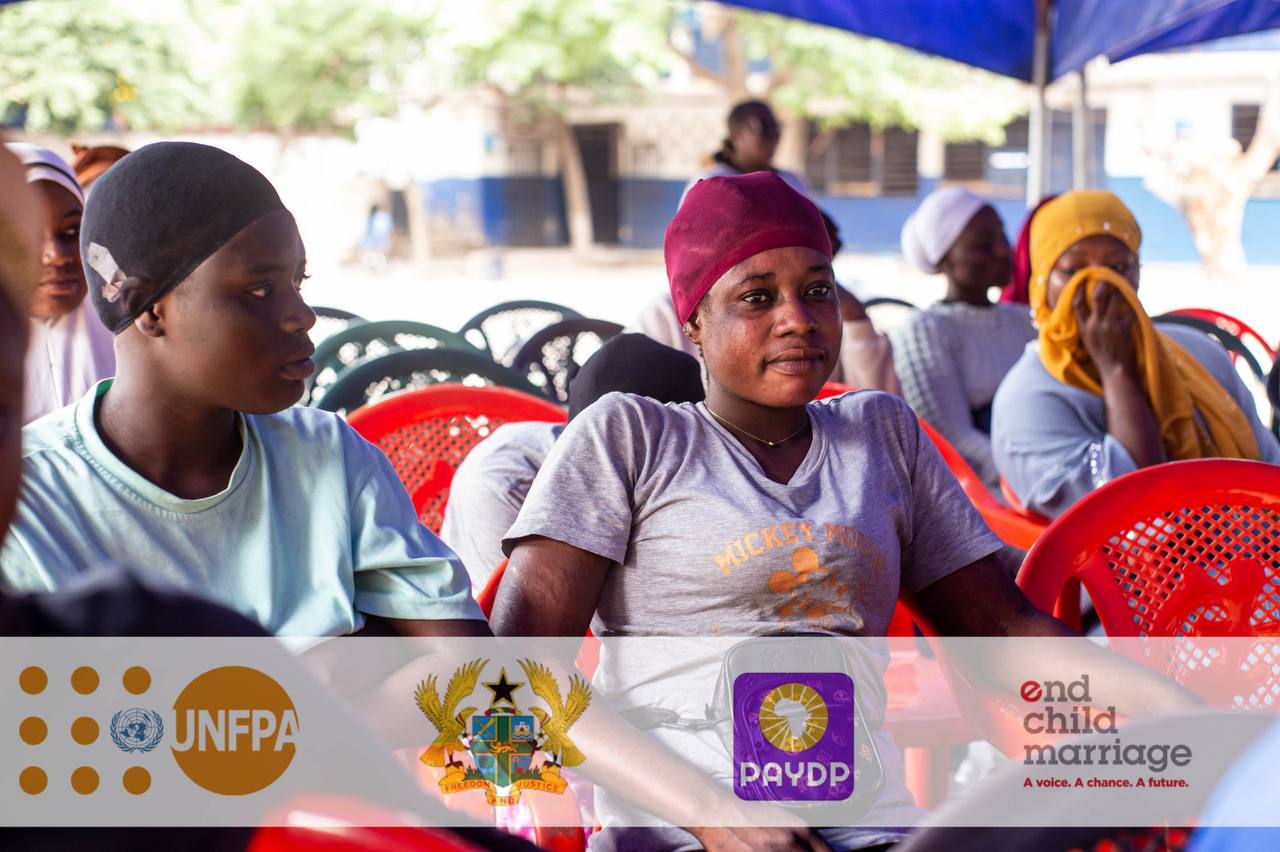
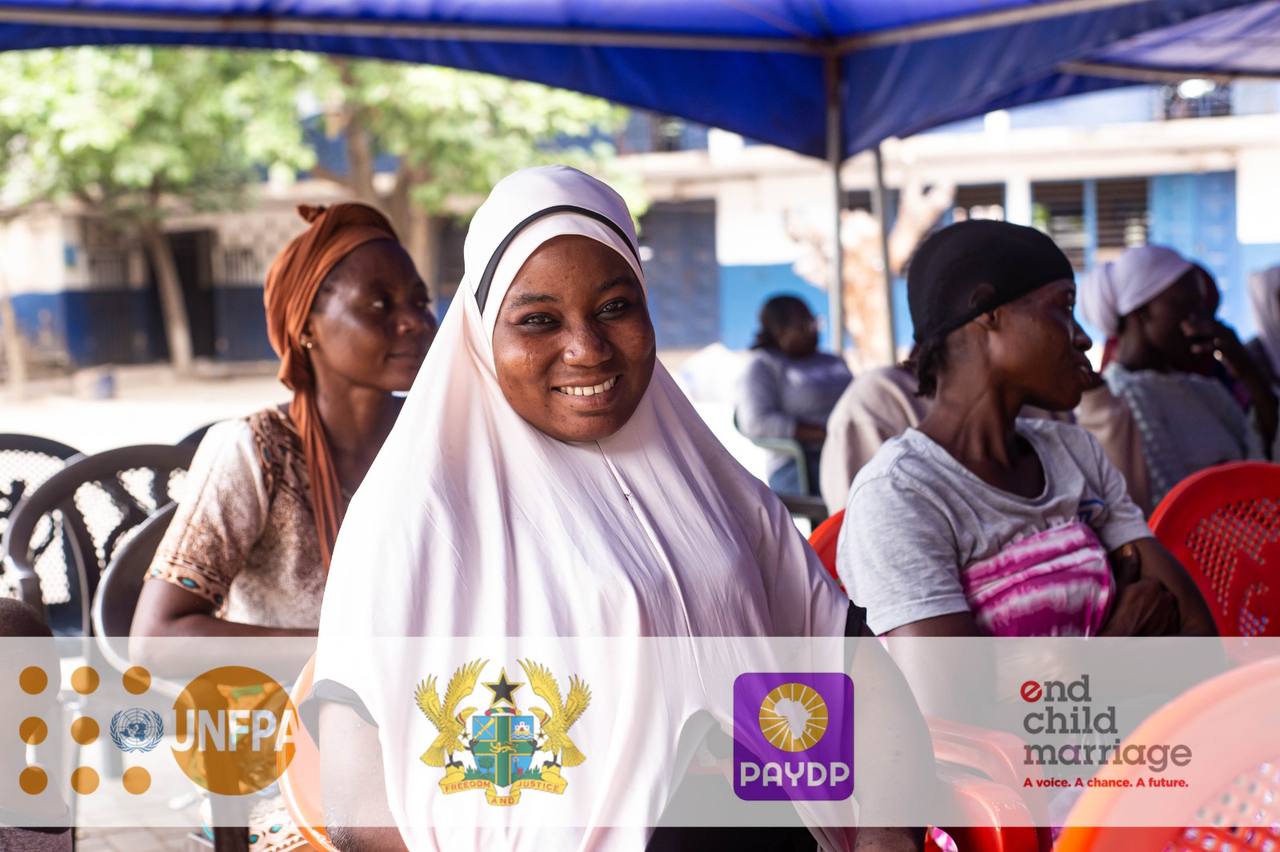
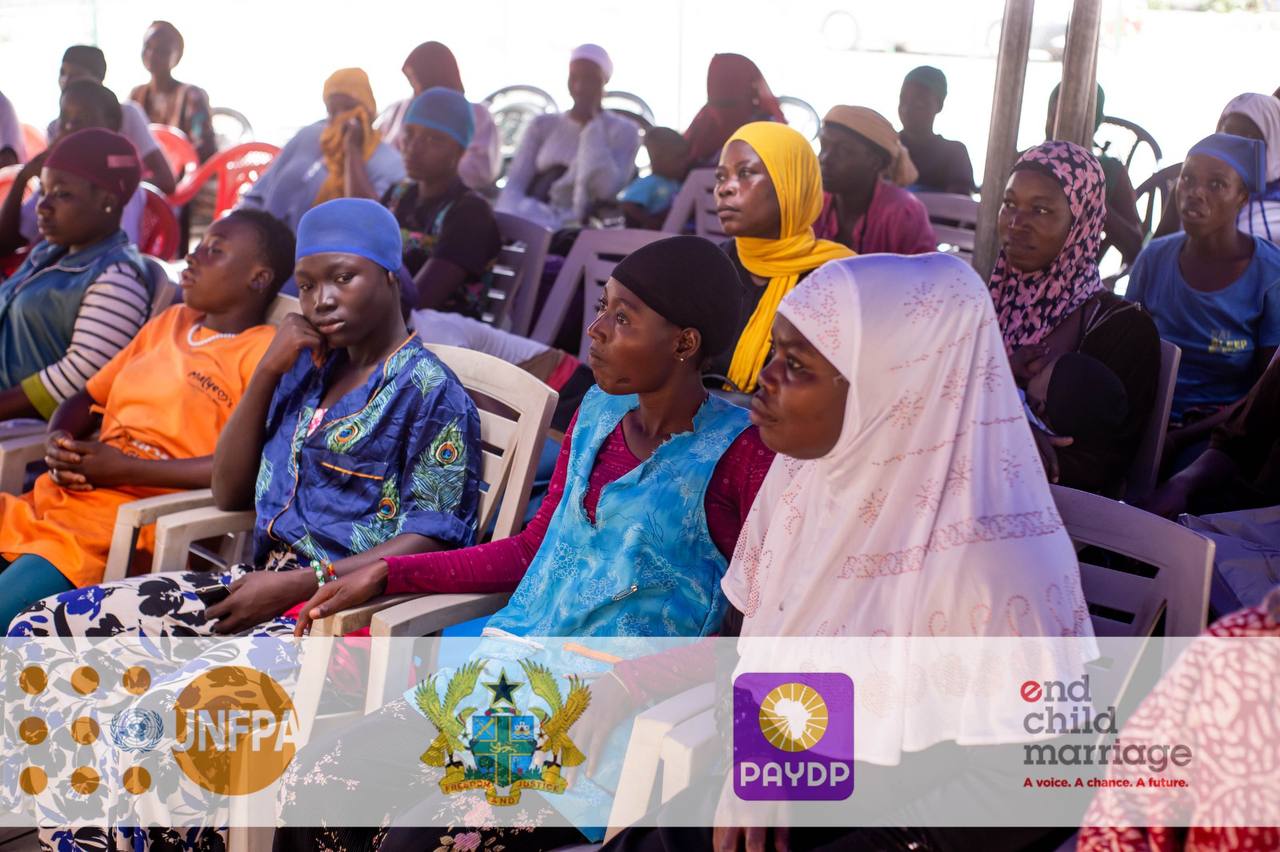
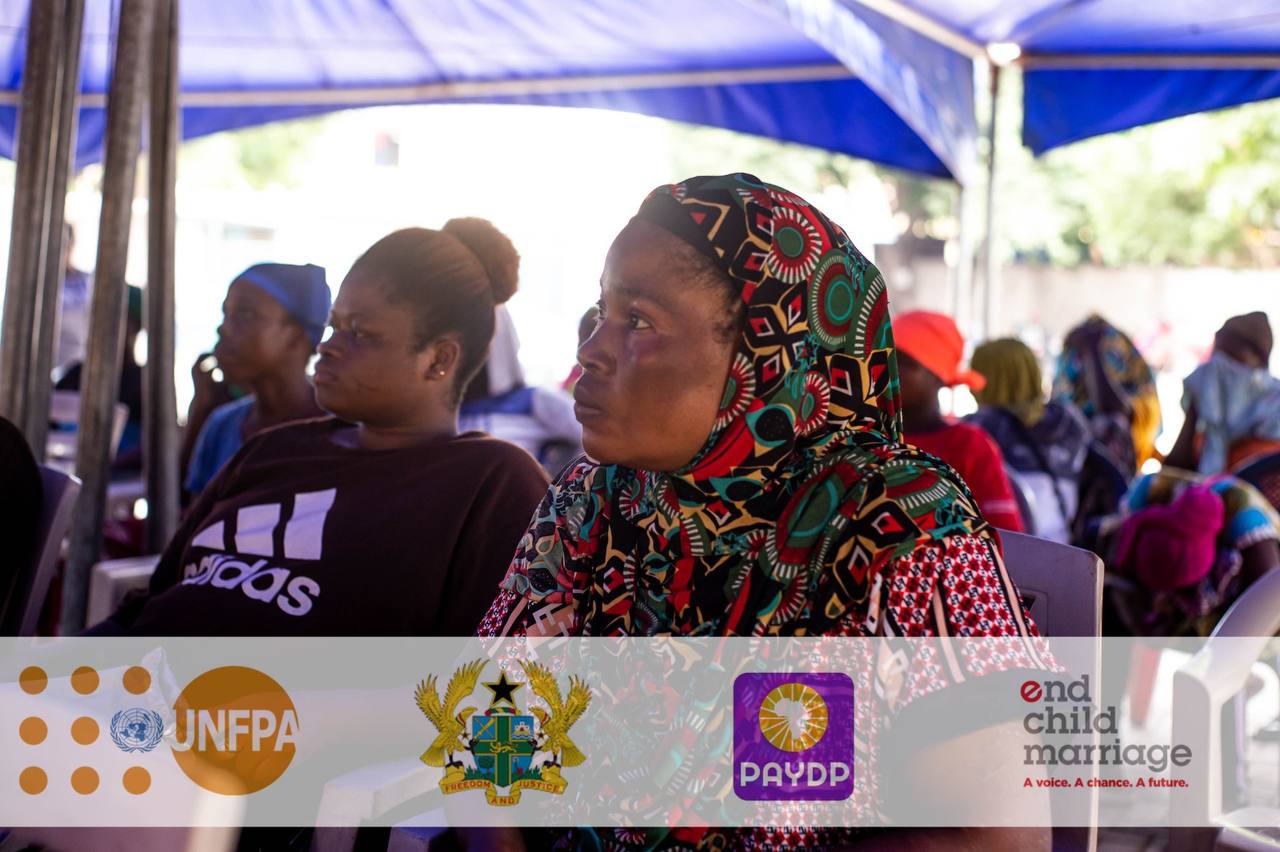
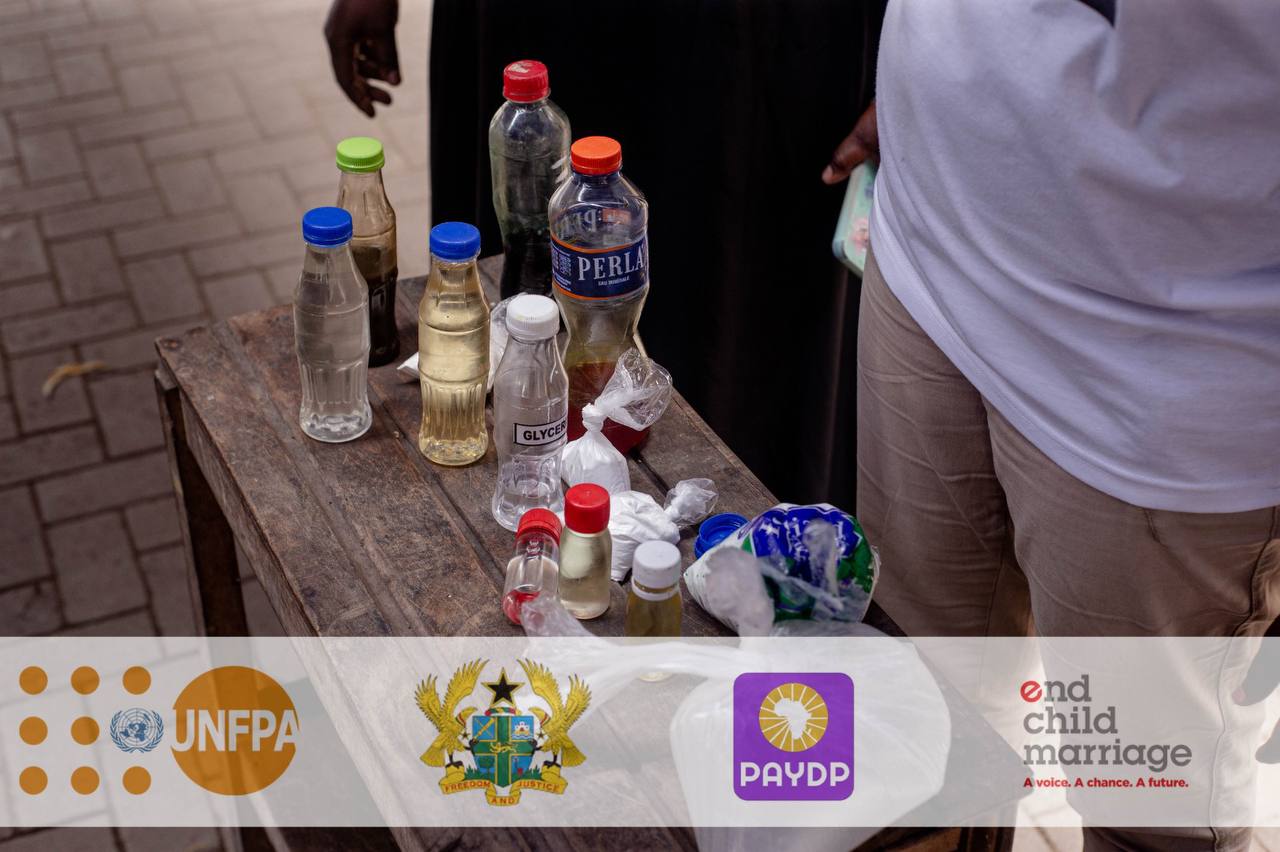
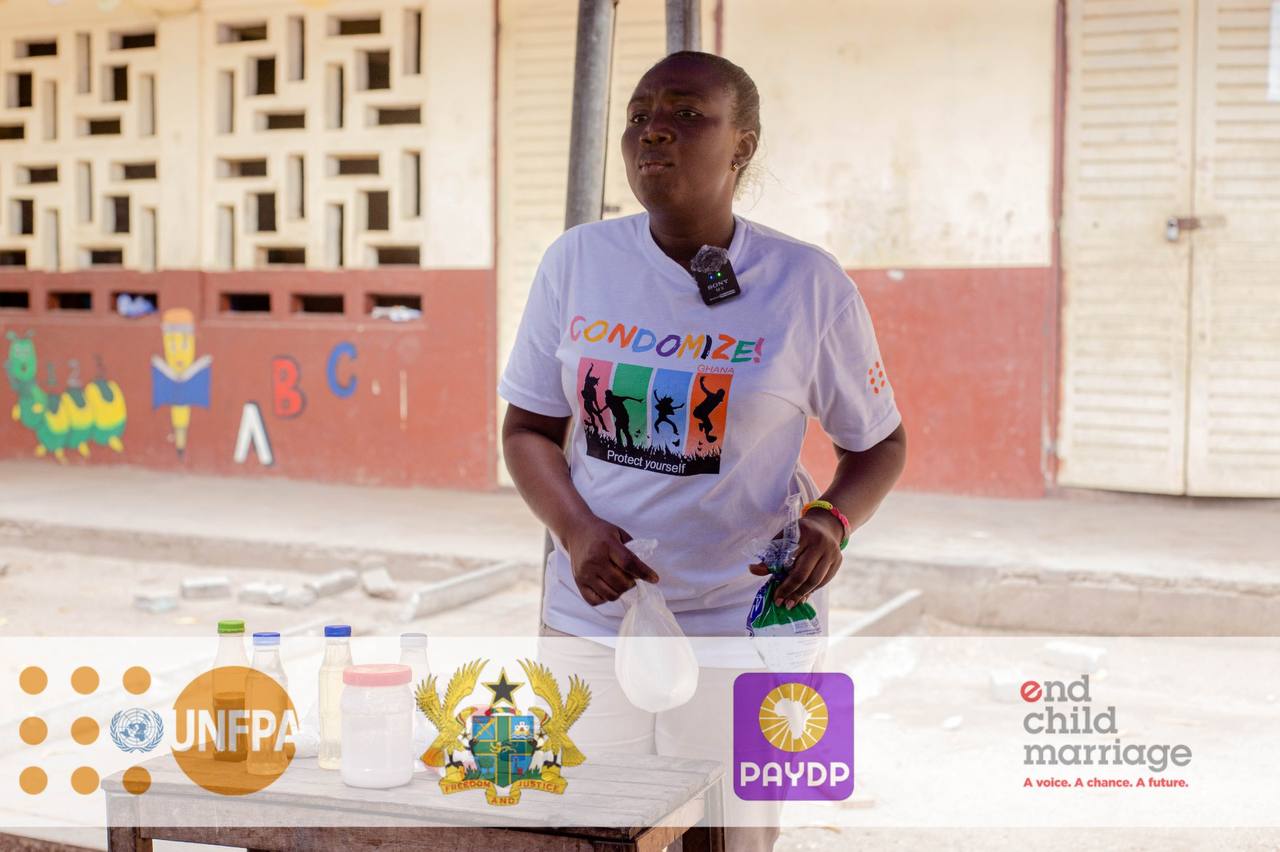 –
–
Story by: Kelly Adjetey Boye | univers.ug.edu.gh

